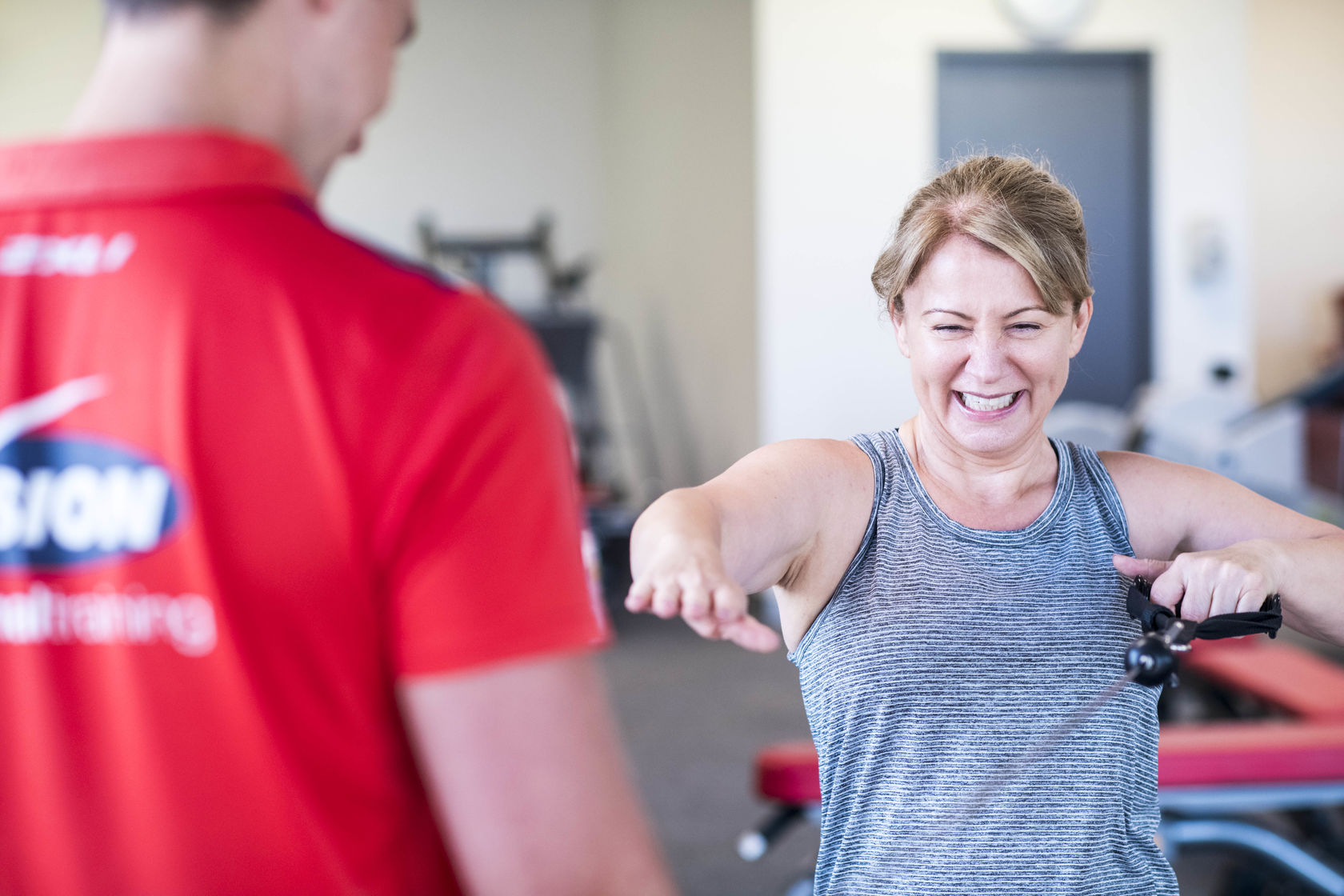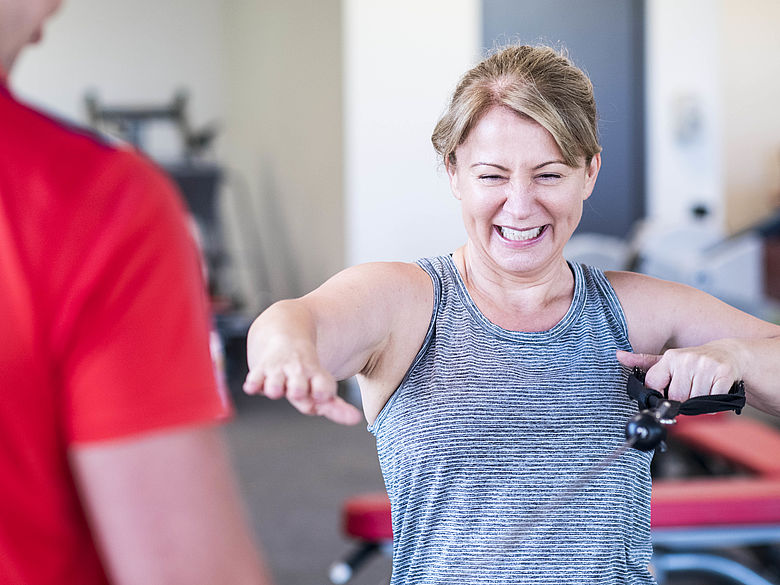It's okay to be nervous before your first race even if its a 5km run or walk it's a really big step for you doing something that you have never done before. Putting your foot on the starting line and just being there is a huge accomplishment in its self.
Before the Race
Eat what works for you.
Your best bet is to eat whatever has worked best for you-that's given you a boost without upsetting your stomach-during your regular weekday runs. Don't eat anything heavy within two hours of the race. A smoothie containing fruit and yogurt is always a good choice because it gives you a good balance of carbs and protein but not too much fiber (which could cause GI distress) or simply just a banana.
Get ready the night before
Lay out your gear and get as much sleep as possible- aim for eight hours', though I do tend to make sure that I get a goodnight sleep two days before a race due to those pre-race nerves.
Don't do anything new
Race week isn't the time to try new shoes, new food or drinks, new gear, or anything else you haven't used. Stick with the routine that works for you.
Get off your feet
The day before you race, try to stay off your feet as much as possible, try and relax.
Graze on foods
Rather than devouring a gigantic bowl of pasta the night before the race, which could upset your stomach, try eating carbs in small increments throughout the day before the race again don't eat anything that you don't normally have, avoid spicy foods and ensure that you drink water the day before so that you are hydrated.
Put your hands on your bib
The night before the race, lay out your clothes, and if you have your bib, fasten it on. Don't show up without it!
RACE DAY
Limit your sipping
Yes, you need to stay hydrated, but no major drinking 30 minutes before the gun; sip if your mouth is dry or it's particularly hot out. Some athletes will take a mouthful and use it as a rinse and spit. Your best bet is to stay hydrated throughout the day.
Arrive early
Get to the race at least one hour before the start so you'll have time to pick up your number (if you don't already have it), use the toilet and warm up. You don't want to be running to the starting line.
Set at least two goals
Set one goal for a perfect race and another as a backup in case it's hot, it's windy, or it's just not your day. If something makes your first goal impossible halfway through the race, you'll need another goal to motivate you to finish strong. And it's best to set a third goal that has nothing to do with your finishing time. This performance goal could be something like finishing, running up the hills rather than walking them, or eating the right foods at the right time and successfully avoiding GI distress!
Line up early
You don't want to be rushing to the starting line, so don't wait for the last call to get there.
Start slow, and stay even
Run the first few minutes of the race slower than you normally would, with the idea that you'll finish strong. If you do that, you risk burning out early, getting a stitch or out of breathe try not to absorb into what other people are doing and concentrate on YOUR RACE. Save any extra energy for the final stretch to the finish, leave nothing behind!
AFTER THE RACE
Keep moving
Get your medal or T-shirt and keep walking for at least 10 minutes to fend off stiffness and gradually bring your heart rate back to its resting state. Be sure to do some stretch to your legs, back, and hips (what we do in Revive class
There are usually snacks at the finish line, but what the race provides may not sit well with you. To recover quickly, bring a snack with a combination of protein to rebuild muscles and healthy carbs to restock your energy stores. Consume it within 30 minutes of finishing the race.
Get warm
Change out of the clothes you ran in, and get into dry clothes as soon as possible. After you cross the finish line, your core temperature will start to drop fast, and keeping sweaty clothes on will make you cold, you may have left this in your drop bag go and collect it will sipping on some water and while you are refueling.
The next day, get going
As sore as you might feel the day after the race, it's important to do some sort of nonimpact activity, go for a walk as this will increase circulation to your sore muscles and help you bounce back sooner. Just keep the effort level easy and hopefully you are planning your next race
Good Luck!!
*Disclaimer: Individual results vary based on agreed goals. Click here for details.

